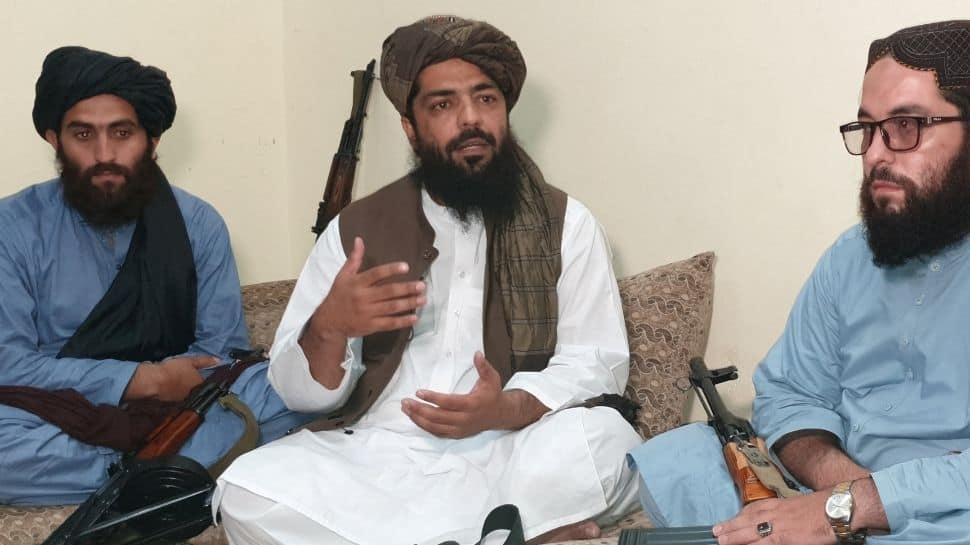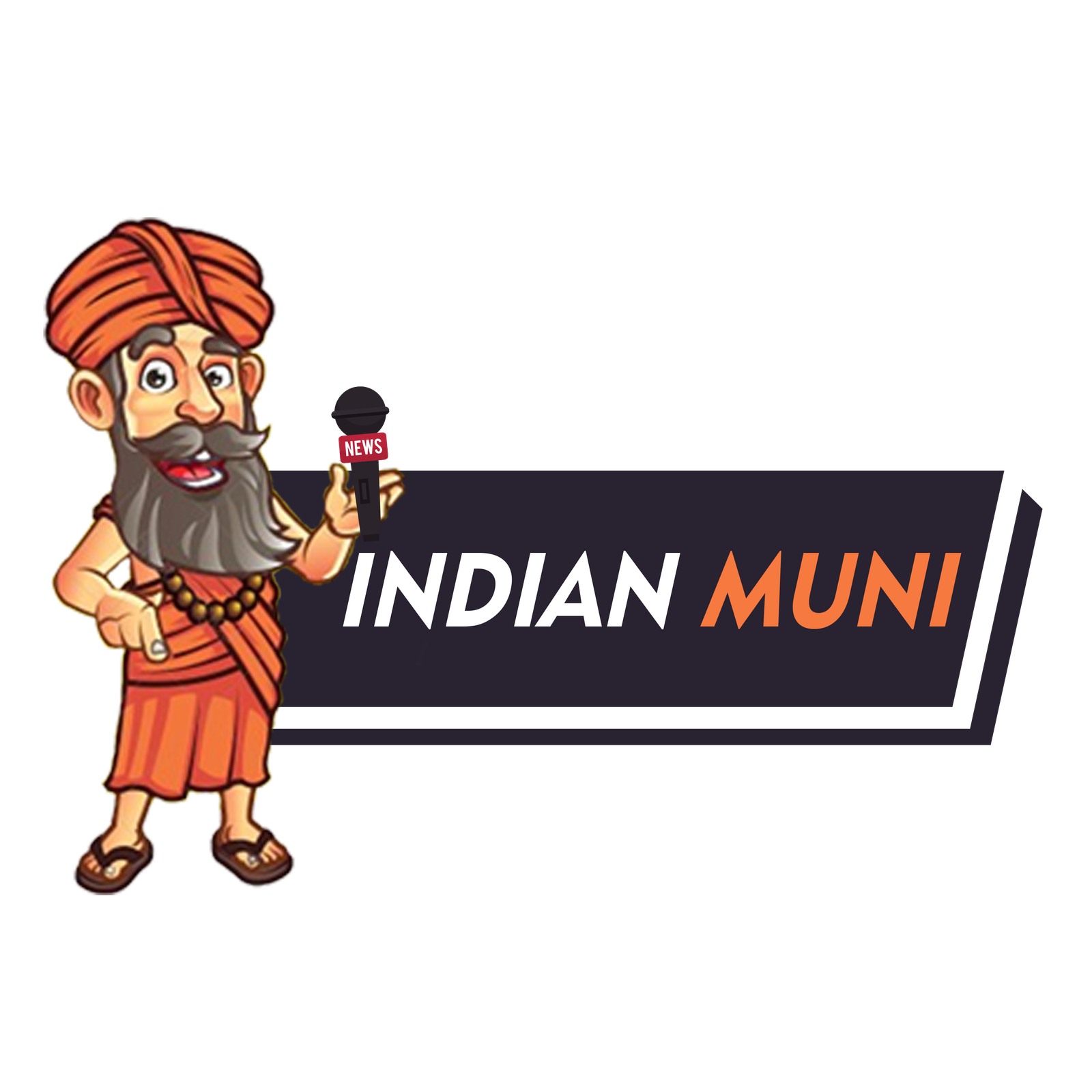Kabul (Afghanistan): Waheedullah Hashimi, a senior member of the Taliban who has access to the group’s decision-making, Afghanistan may be governed by a ruling council now that the Taliban has taken over. While talking to the news agency Reuters, Hashimi added that the Islamist militant movement’s supreme leader, Haibatullah Akhundzada, would likely remain in overall charge.
Not a democracy
While the Taliban are still deliberating on the structure of the government, the system of the government is clear, said the senior member, adding that it will be “an Islamic government based on Sharia laws, there would be no democratic system at all because it doesn’t have any base in our country.”
The Taliban would also reach out to former pilots and soldiers from the Afghan armed forces to join its ranks. On recruiting soldiers and pilots who fought for the ousted Afghan government, Hashimi said the Taliban planned to set up a new national force that would include its own members as well as government soldiers willing to join. “Most of them have got training in Turkey and Germany and England. So we will talk to them to get back to their positions,” he told Reuters. He added that they will have to make some changes, to have some reforms in the army, “but still we need them and will call them to join us.”

Waheedullah Hashimi, a senior Taliban commander, spoke to Reuters during an interview at an undisclosed location near Afghanistan-Pakistan border (Pic: Reuters)
Everday running of the country
Hashimi mentioned that a council will govern Afghanistan and oversee the day-to-day activity while Haibatullah Akhundzada, the supreme leader of the Taliban, is likely to remain the overall in-charge. This is reminiscent of the previous Taliban rule in Afghanistan from 1996 to 2001. Then, supreme leader Mullah Omar remained in the shadows and left the day-to-day running of the country to a council.
The President of Afghanistan
“Maybe his (Akhundzada’s) deputy will play the role of ‘president’,” Hashimi told Reuters. The Taliban’s supreme leader has three deputies – Mawlavi Yaqoob, son of Mullah Omar, Sirajuddin Haqqani, leader of the powerful militant Haqqani network, and Abdul Ghani Baradar, who heads the Taliban’s political office in Doha and is one of the founding members of the group.
However, Baradar has beeen so far largely touted in the media to be the next chief. Born in Uruzgan province in 1968, Baradar is the second senior-most leader in the Taliban hierarchy after Haibatullah Akhundzada. He was freed from a Pakistani jail at the request of the US less than three years ago. Baradar is also the political chief and Taliban’s most notable public face today.


